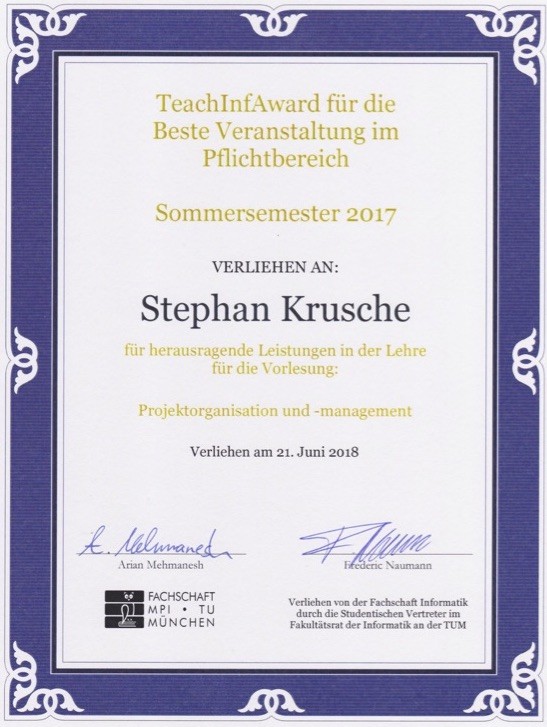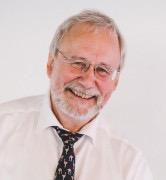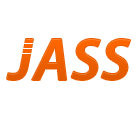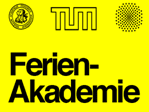For the third time in a row, an iPraktikum team got first place in the category "best student achievement" ("Beste studentische Leistung") at the SmartHome Deutschland Award 2019: with the industry partner iHaus, they developed the CityJuice system during the winter term 2018/19.
A common problem in neighborhoods with an increasing number of electric cars is the price for a charging station and a lack of possibilities to charge. Additionally, the distribution of energy may become a problem when every car owner operates a charging station. The team of ten students developed the iHaus CityJuice system that aims to solve these problems by providing charging station owners with a simple and intuitive way to share free capacities and car owners with a way to find available charging slots. An intelligent component decides, when and for how long a car can be loaded to guarantee a hassle-free transition to the next loading process. In the future, the system may automatically instruct the electric cars to drive to the next available charger and control the charger. CityJuice promotes this vision by providing an autonomous component that can communicate with cars and send instructions for the charging process.
As part of an event in the Rotes Rathaus in Berlin on May 29, 2019, the students presented the project and received the award for the first place. The SmartHome Deutschland initiative represents a trade-spanning, interdisciplinary communication platform to enable information exchange between regional smart home organizations and representatives of research, development, industry, commerce, and craft.
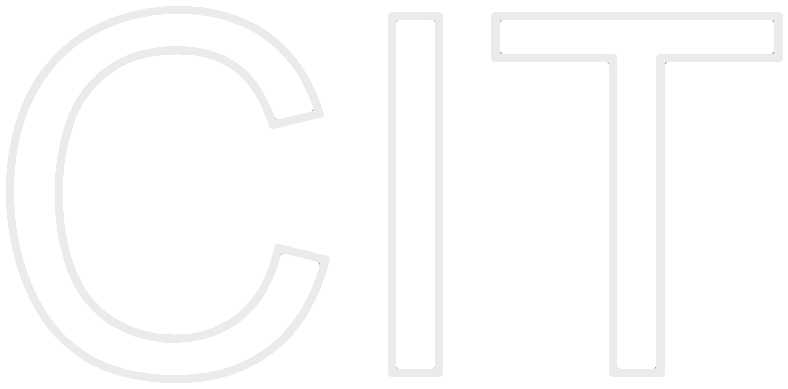

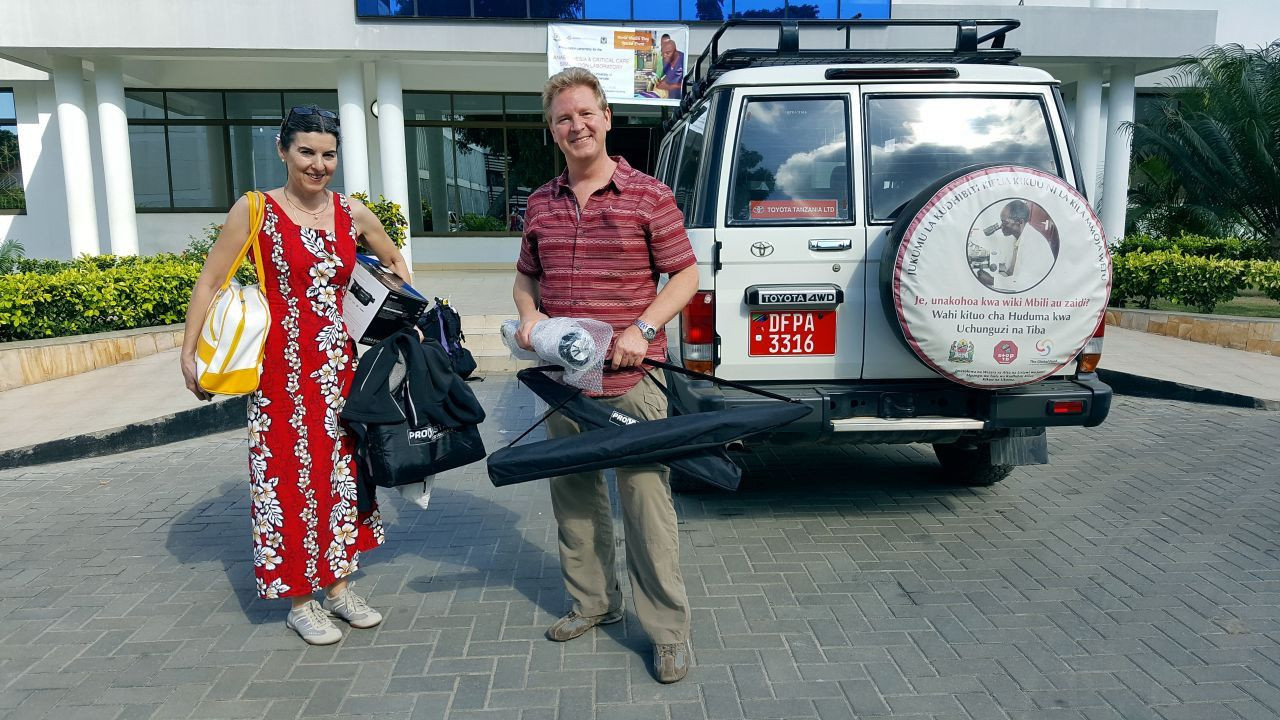
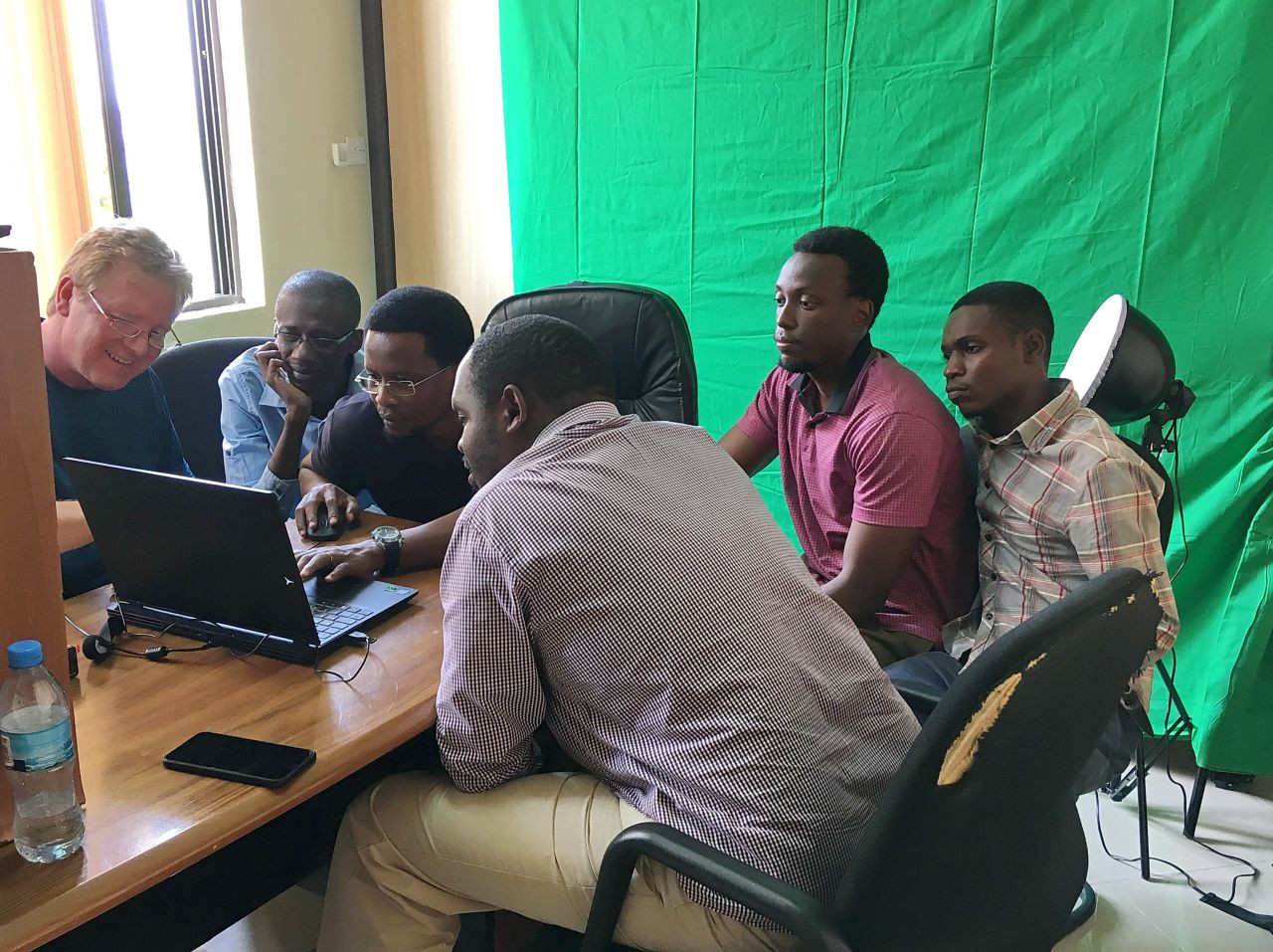
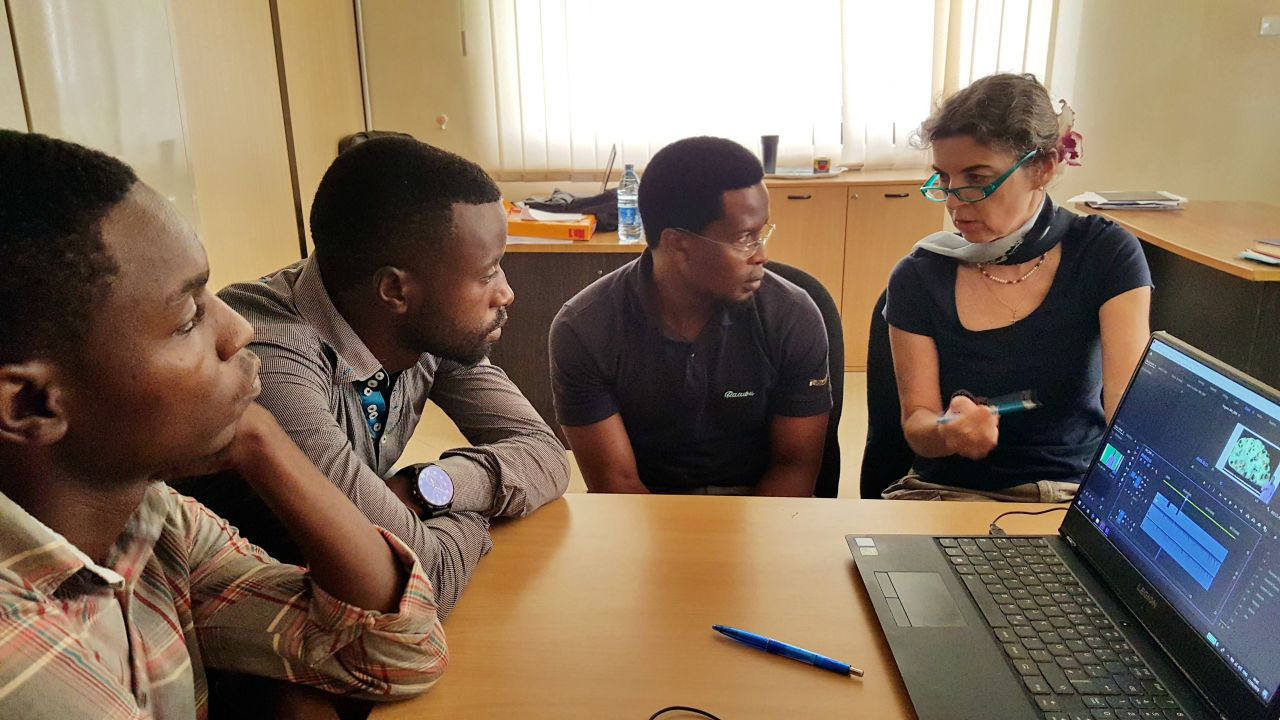
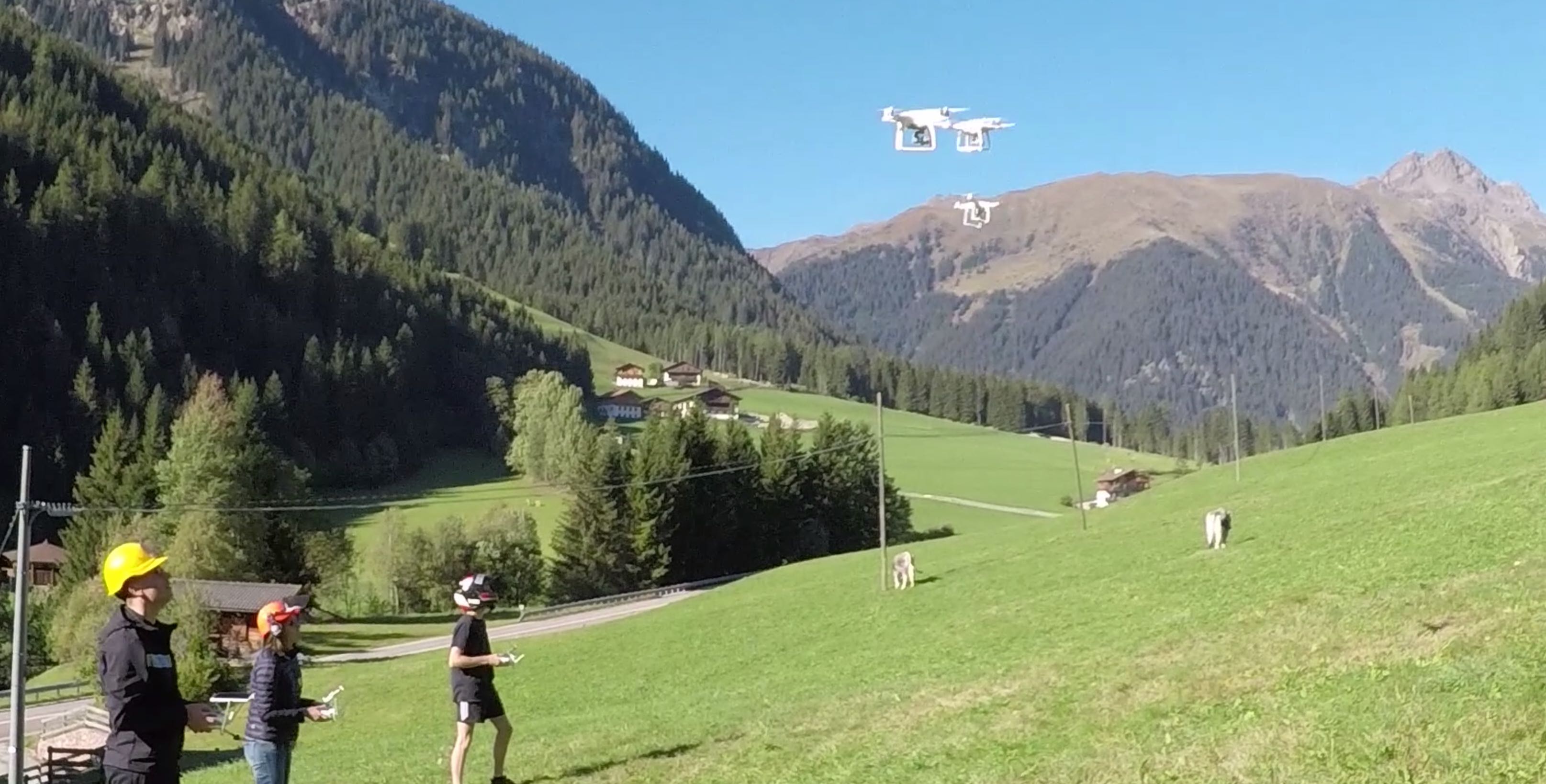 In this course, we are going to build a prototype for an autonomous drone-based water quality management system. We will use the Sarntal water reservoir next to our hotel to collect water samples. The samples should be collected every day and flown back to the laboratory based at our hotel. The developed system will be deployed to control the water quality of Lake Nokoué, in Benin, West Africa, which regularly suffers from water pollution. We will address the following topics: Green Hydrogen, Solar Energy, Battery Types, Autonomous drone flight, Search algorithms for drone fleets, Software patterns for drones, Drone fleet coordination, Scooping Mechanism for water sampling, and Geographic Information System data.
In this course, we are going to build a prototype for an autonomous drone-based water quality management system. We will use the Sarntal water reservoir next to our hotel to collect water samples. The samples should be collected every day and flown back to the laboratory based at our hotel. The developed system will be deployed to control the water quality of Lake Nokoué, in Benin, West Africa, which regularly suffers from water pollution. We will address the following topics: Green Hydrogen, Solar Energy, Battery Types, Autonomous drone flight, Search algorithms for drone fleets, Software patterns for drones, Drone fleet coordination, Scooping Mechanism for water sampling, and Geographic Information System data.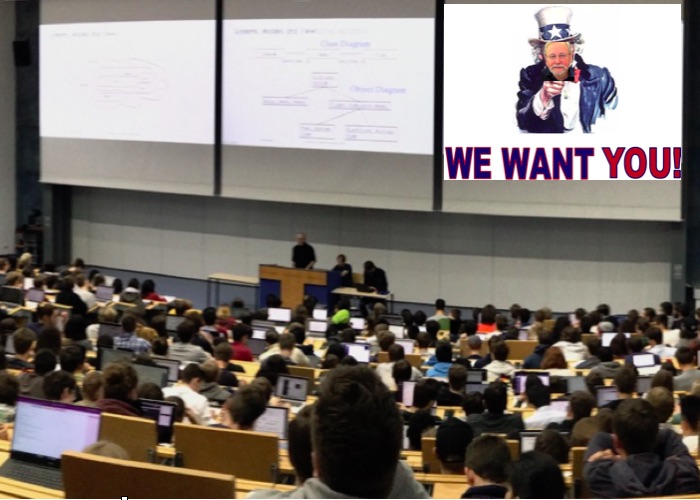 We will teach three large courses in summer 2019:
We will teach three large courses in summer 2019: 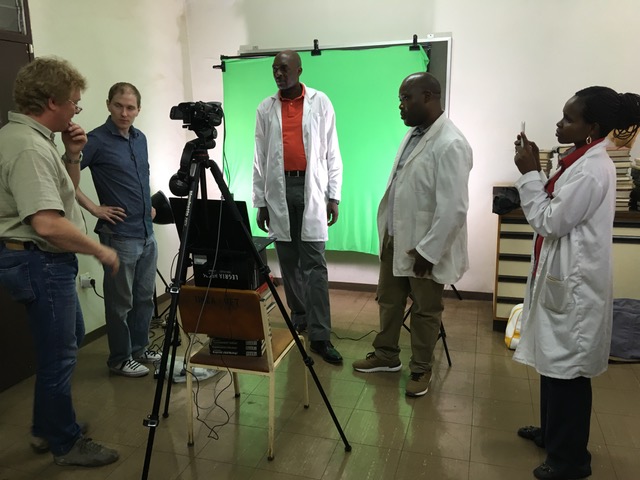
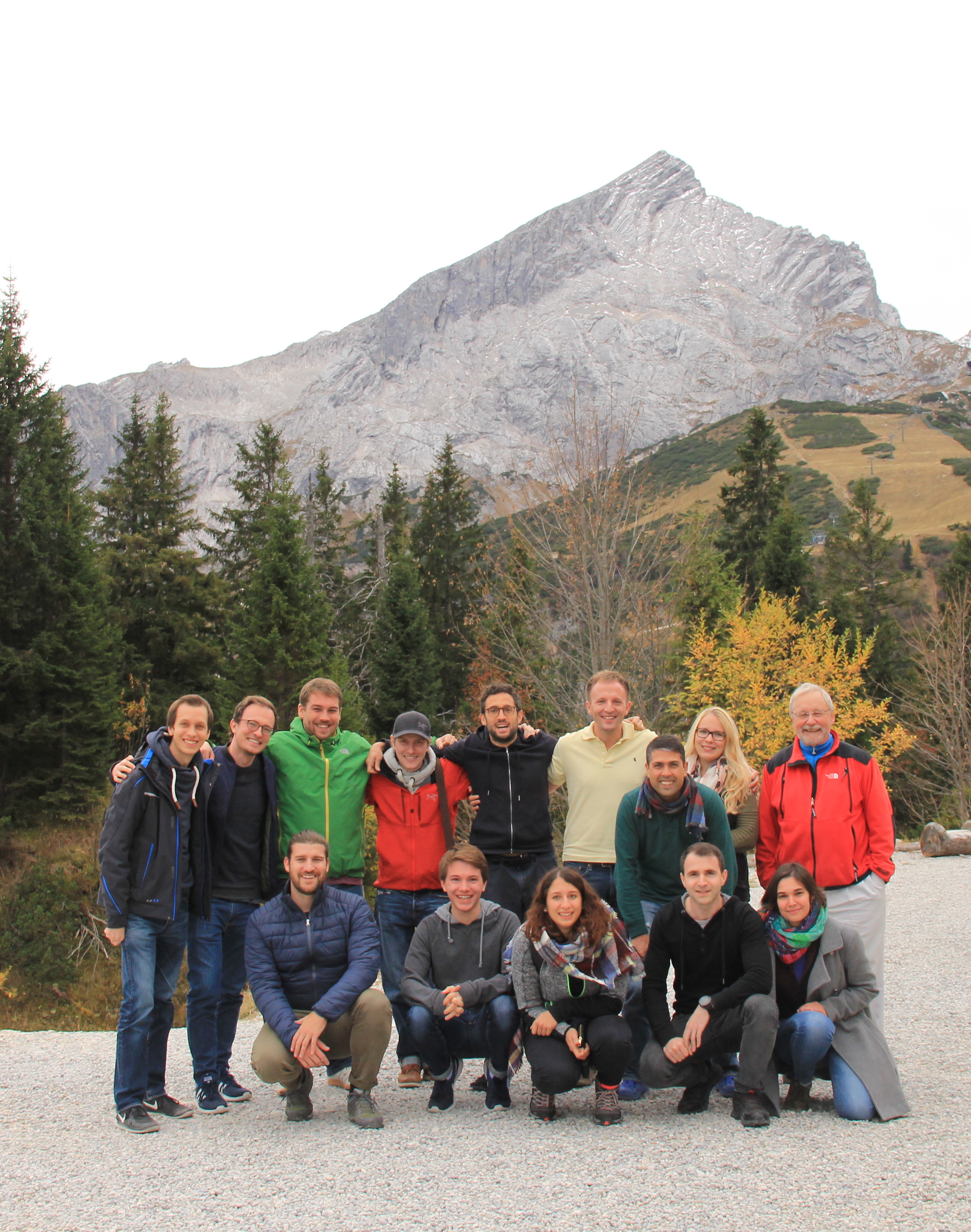
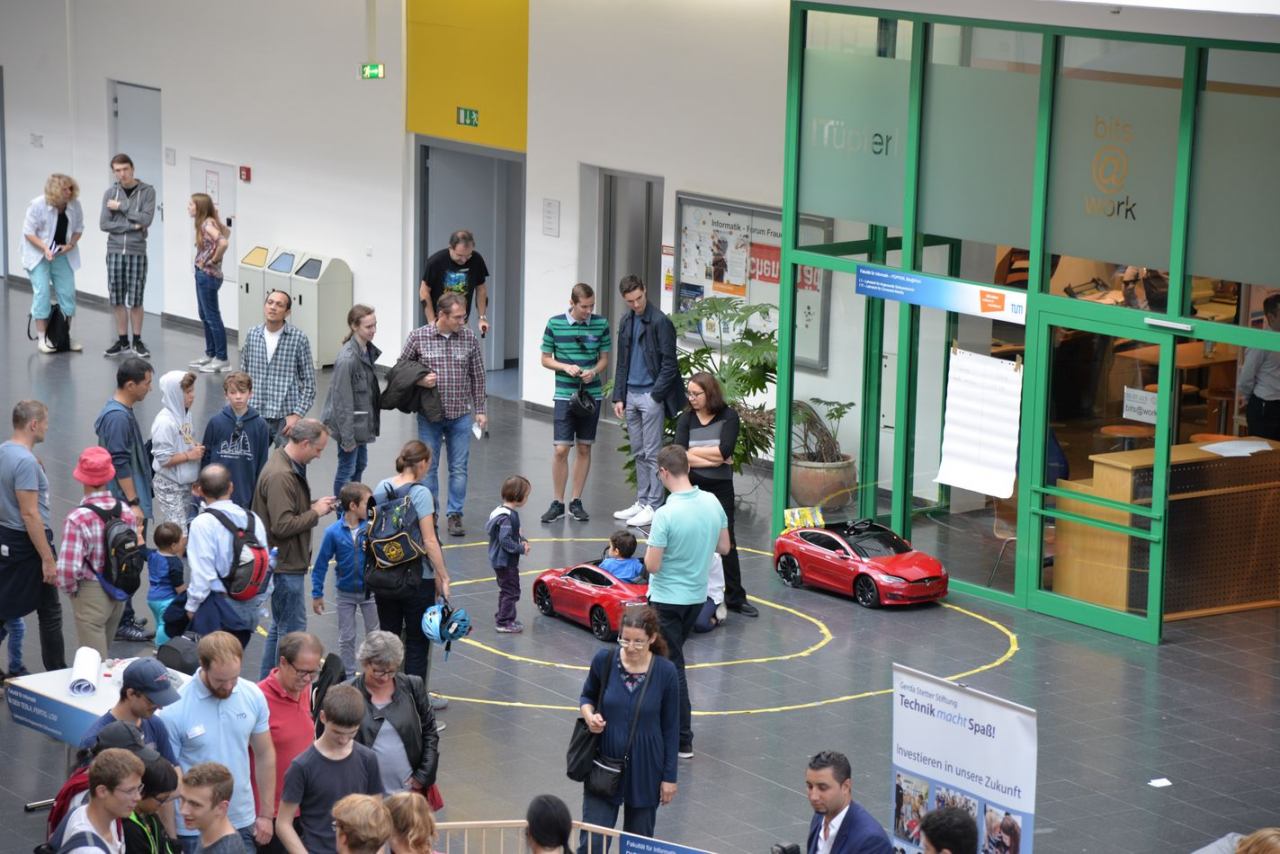
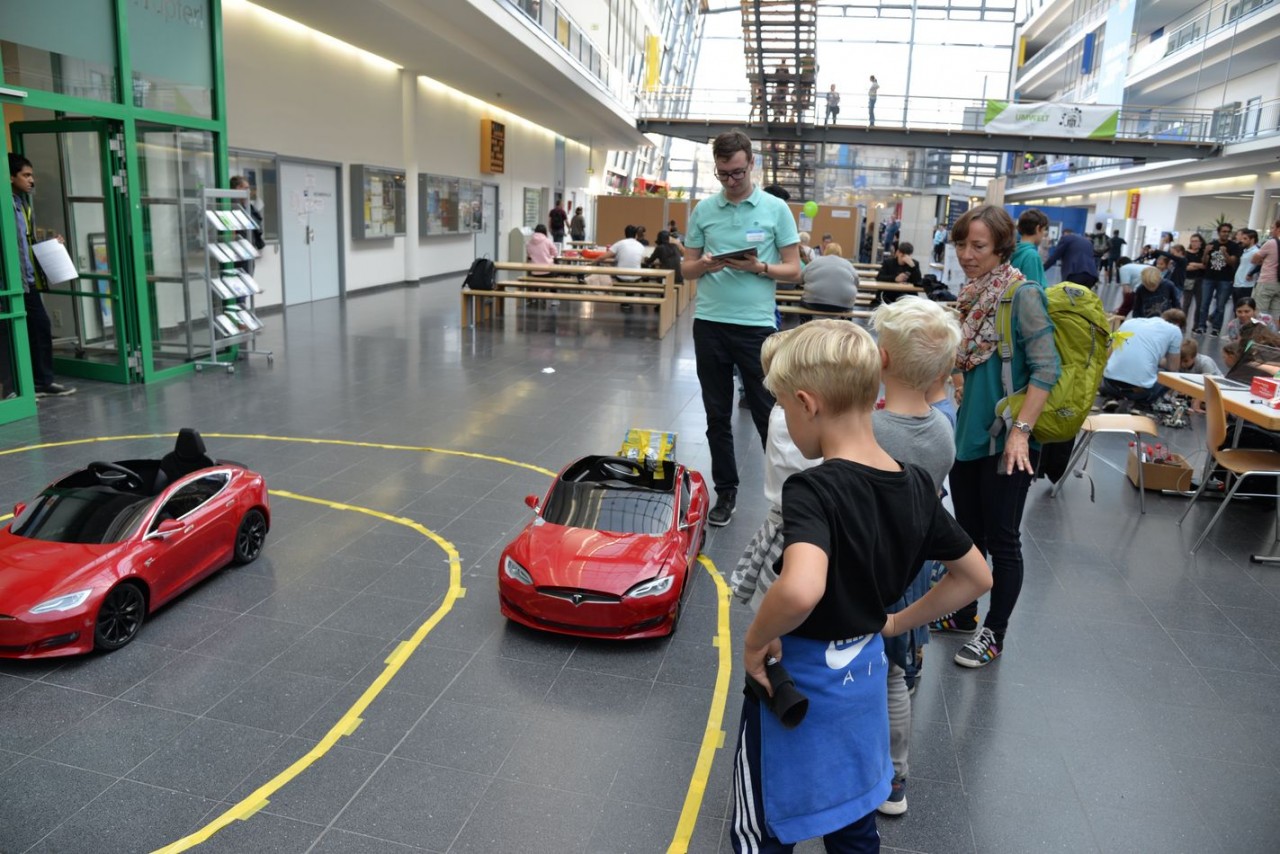
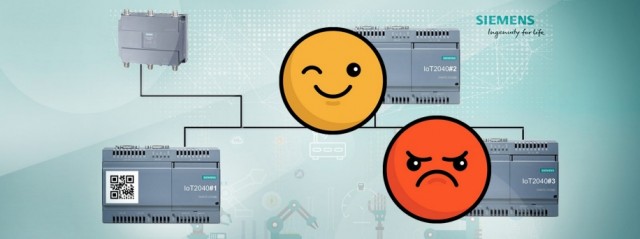
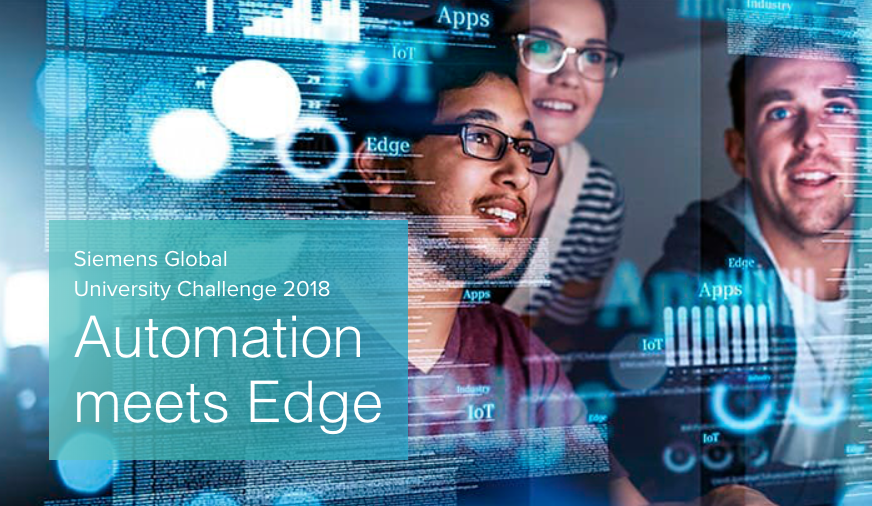 The Siemens IOT team has successfully won the worldwide
The Siemens IOT team has successfully won the worldwide 